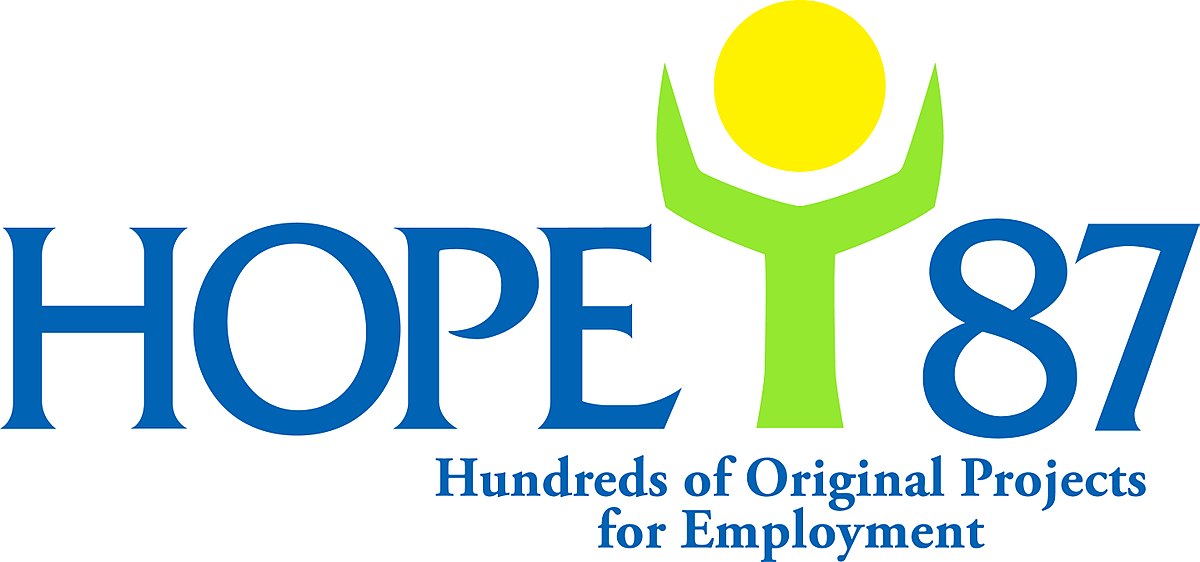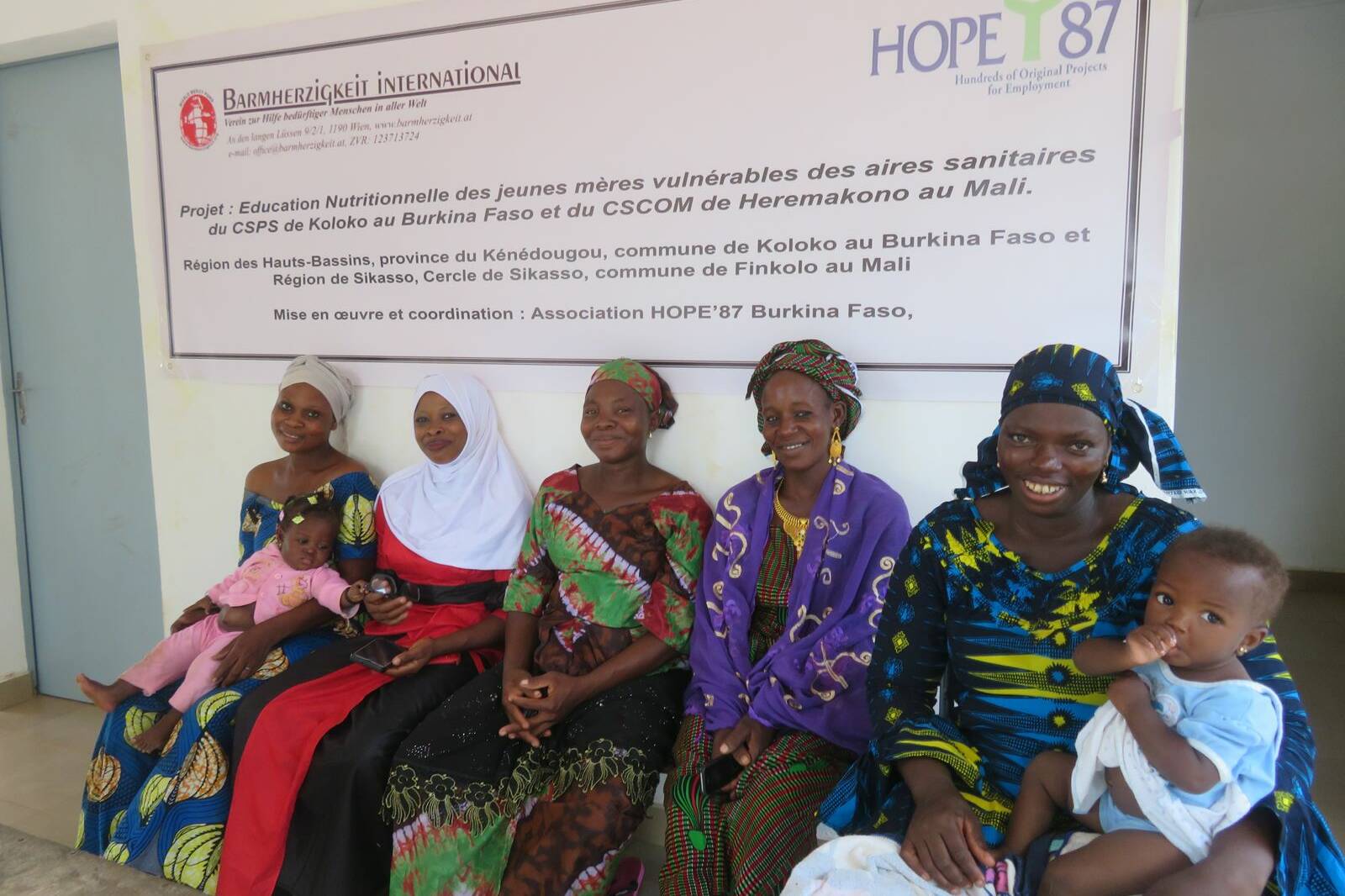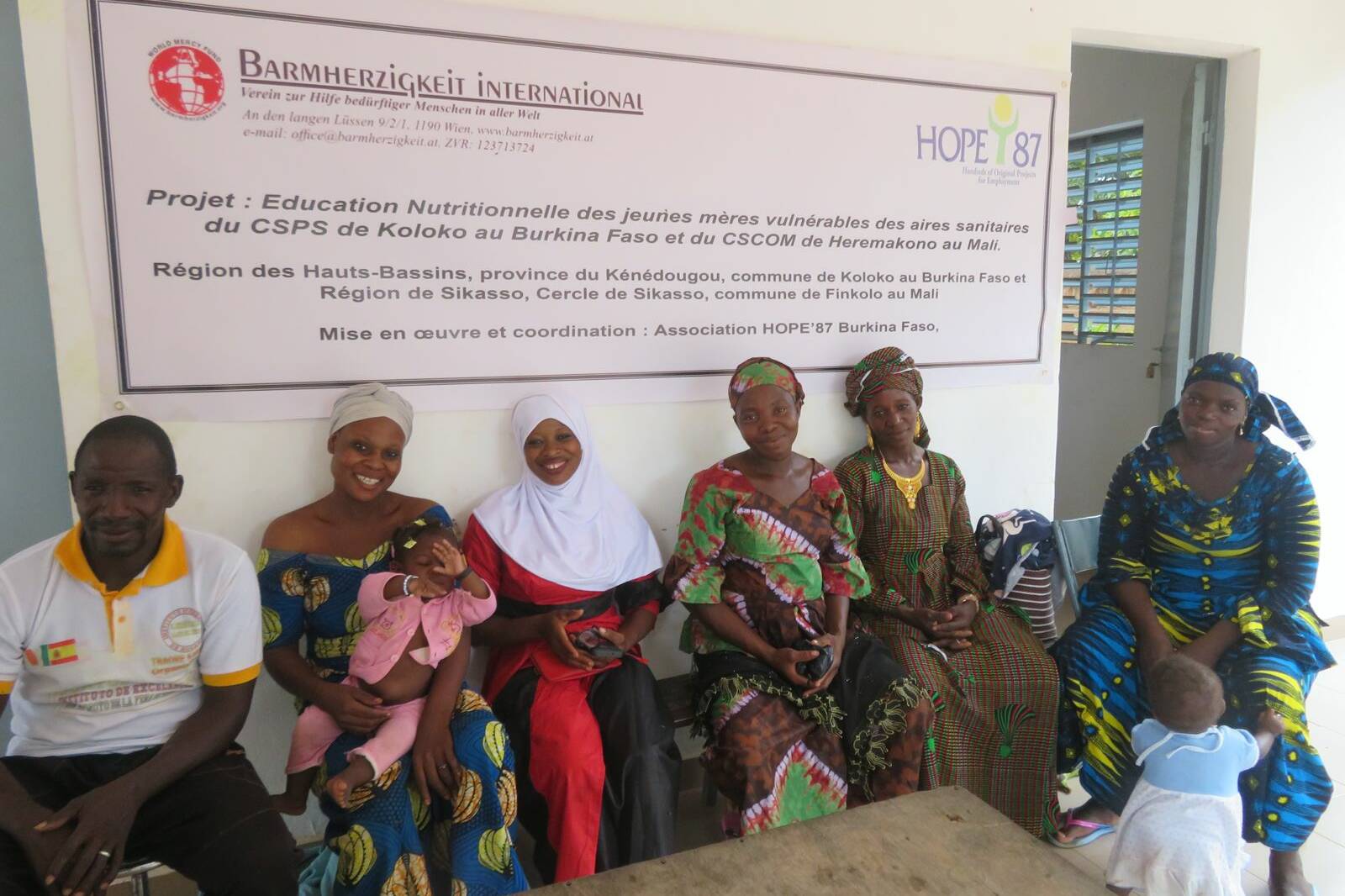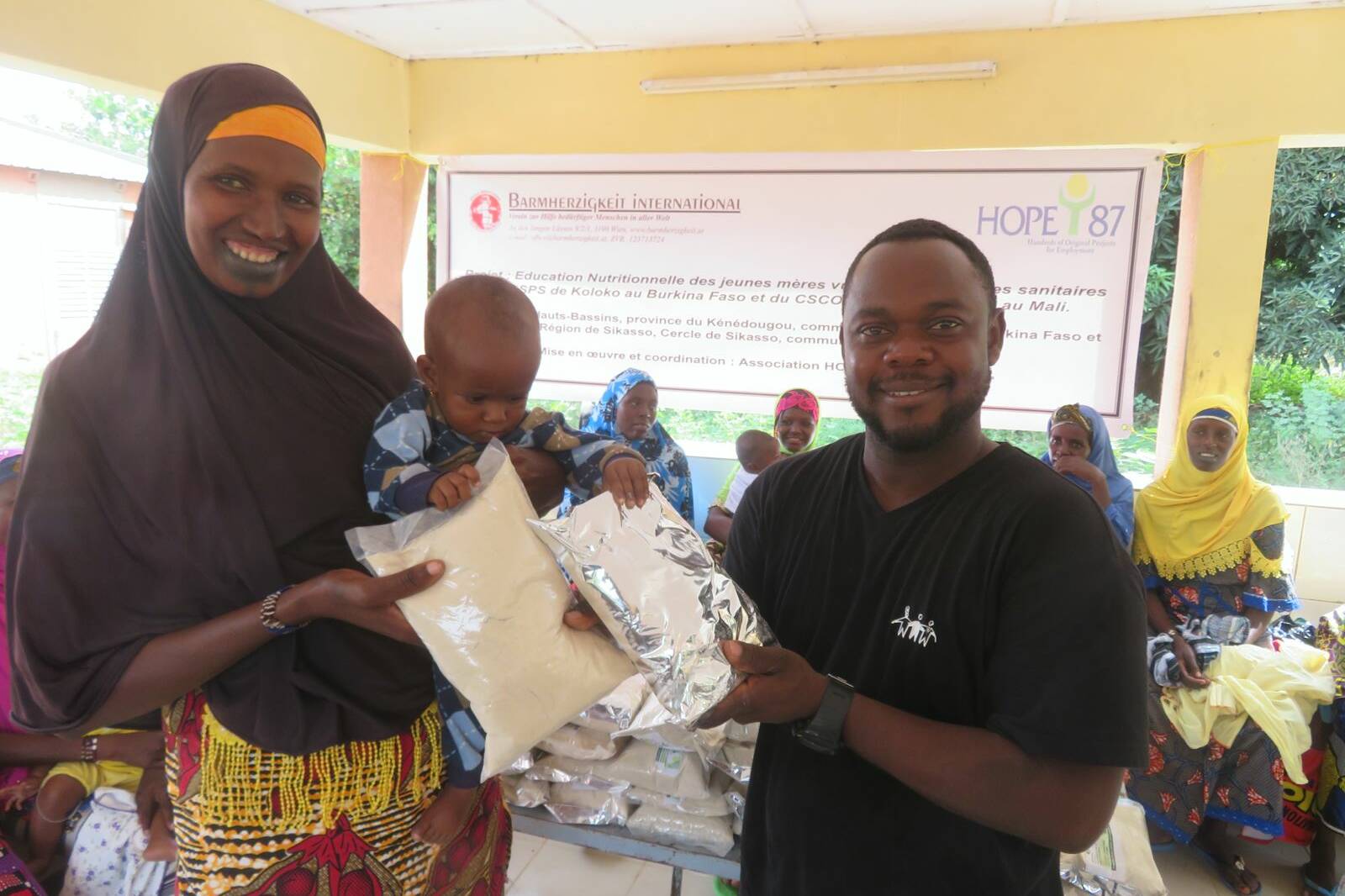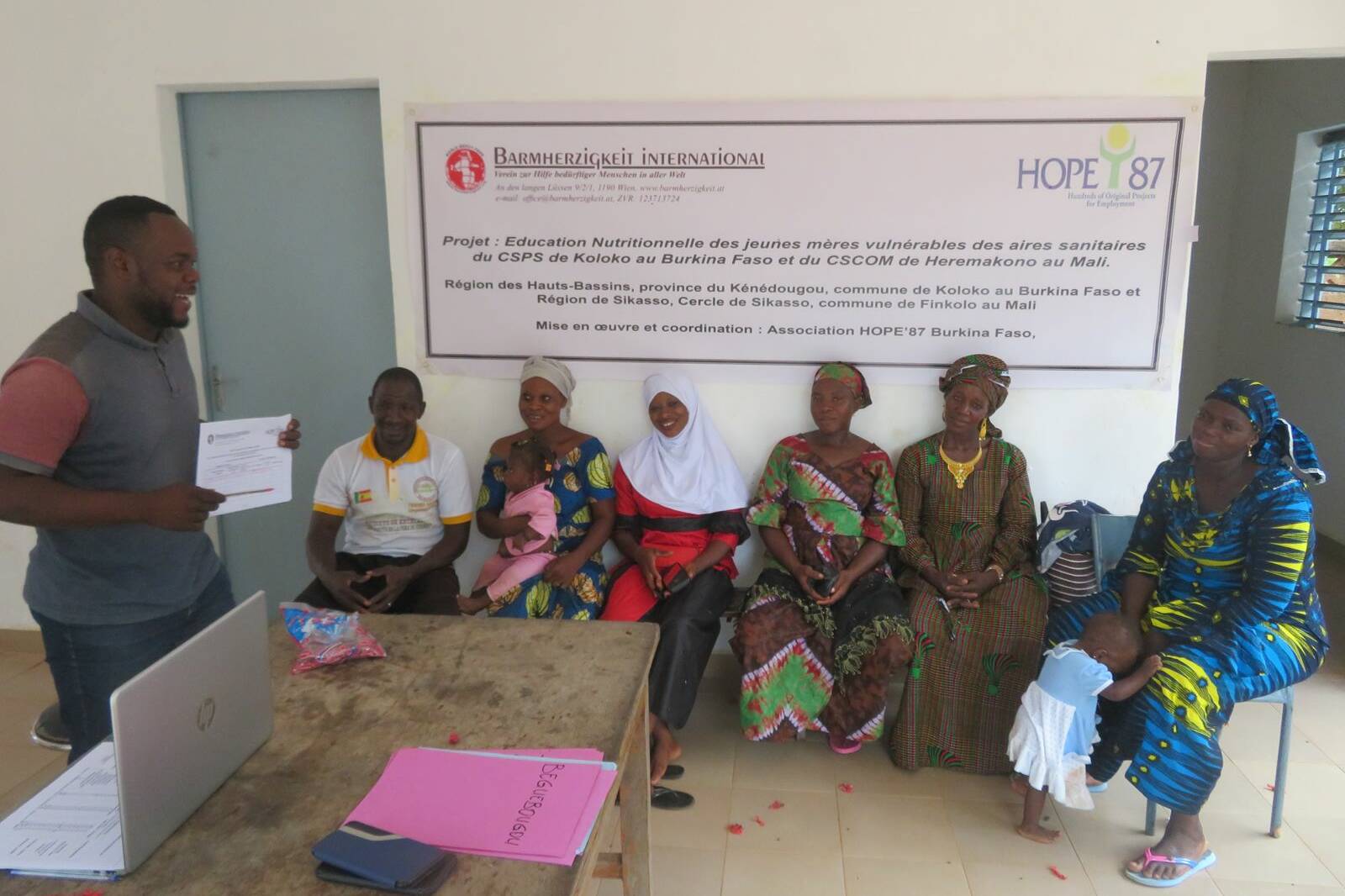This project contributed to poverty reduction in Burkina Faso and Mali through providing social protection for very poor households and children aged 6-23 months who were at risk of malnutrition during the hunger gap. By distributing food and infant flour to very poor households in insecure areas, their food and nutritional situation has been improved.
During the implementation time of the project, HOPE’87-Burkina Faso and its implementing partners distributed free food to poor and very poor households, made infant flour available to children aged 6-23 months who were at risk of undernutrition and strengthened the educational capacities of pregnant women, breastfeeding women and mothers of children aged 0-60 months as well as the community health relays through nutritional education sessions as well as training of community outreach workers in malnutrition prevention techniques.
The project’s main action has been to supply local cereal-based infant flour to children aged 6-23 months. This not only enabled cereal sellers to supply cereals to the market with a profit margin but also cereal producers were enabled to increase their production through locally processing the cereals. Therefore, along with securing the nutrition of children aged 6-23 months, the project also had a major impact on the players involved in the food security chain.
Project Background:
The vulnerability of households and children aged 6-23 and 23-60 months is increasing day by day in the project area. This state of affairs can be explained by the persistence of terrorist attacks in several localities in the project area, creating a climate of psychosis and anxiety which for several years has prevented people from enjoying the peace of mind they need to go about their food production activities. In times of security, the area is one of the best for agricultural and fruit production in Burkina Faso and Mali. Insecurity has therefore caused real and enormous losses for these rural populations.
This situation has led to poor households moving from the interior to the main towns (Koloko and Finkolo). These households from the interior are taken in by their relatives who have already settled in the town. This increases the host family’s expenses (food, water, firewood, care, etc.) and worsens their vulnerability.
In addition, it should be noted that the majority of displaced households are farmers and livestock breeders who have abandoned their fields and livestock, which will also reduce agricultural productivity as well as poultry breeding (mainly local hens) and small ruminants (sheep and goats).
Project Type
Developmental food aid//Food security assistance
Project Duration
01/12 2022 to 30/11 2023
Status
Completed
Country
Burkina Faso and Mali
Region
Hauts-bassins region, province of Kénédougou, commune of Koloko in Burkina Faso and Sikasso region, district of Sikasso, commune of Finkolo in Mali
Donor(s)
Barmherzigkeit International, HOPE'87
